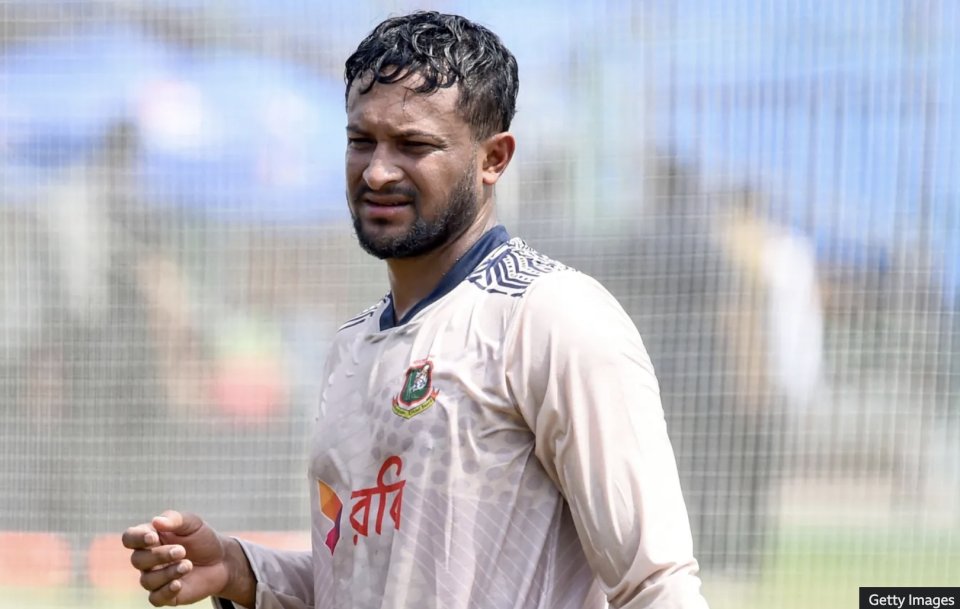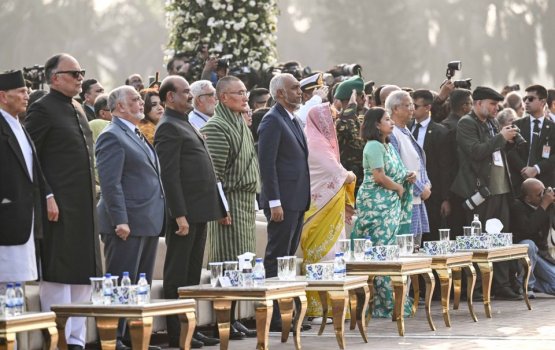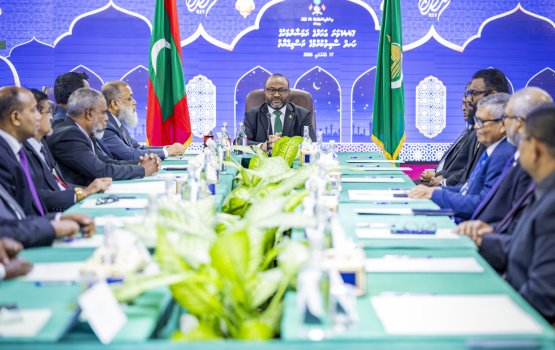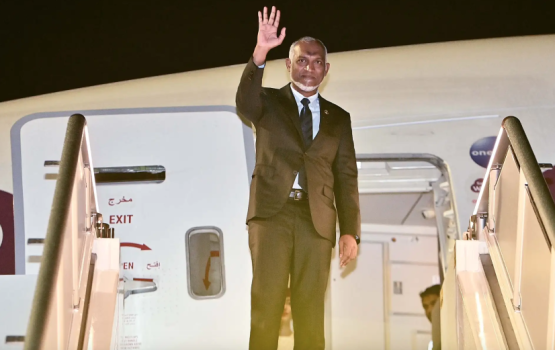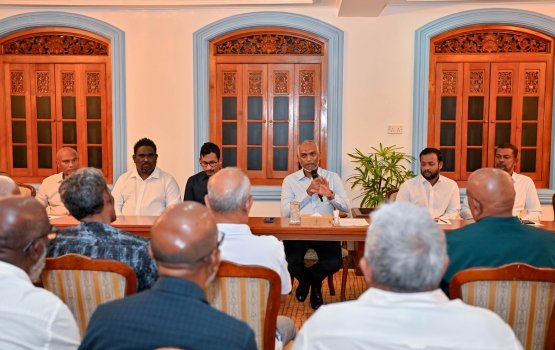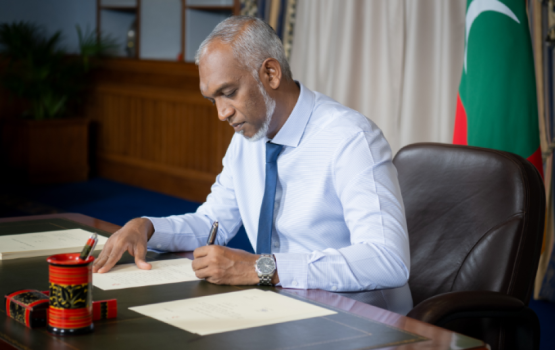A Bangladeshi cricket star and ousted lawmaker has taken to the field for the first time since mass anti-government protests toppled his party.
Shakib Al Hasan, 37, was cleared by Bangladesh's new interim government last week to face Pakistan in a two-match Test series starting on Wednesday.
The former MP played despite earlier calls by protesters to oust cricket players they accused of being loyal to former leader Sheikh Hasina.
Earlier this month, Ms Hasina was forced to resign as prime minister and flee the country.
Shakib is considered one of his country's greatest sportsmen, with 4,505 runs in 67 Test matches. As a spin bowler, he holds the record for most Test wickets in Bangladesh's history with 237.
In January, he had won an uncontested election to become a member of parliament for the then-ruling Awami League party.
So far, he has remained silent on the political crisis that has unfolded in his country, which saw hundreds of people killed in clashes with security forces.Some Bangladeshis in Dhaka had earlier this month protested against cricket board members they accused of being loyal to Sheikh Hasina.
Shakib in particular was criticised by former Bangladesh Cricket Board member Rafiqul Islam.
“When students were being killed, he never protested. Many of these students considered him an icon. He should have come home first and gave an explanation why he was silent," he told news agency AFP.
However, the country's new de facto sports minister - 26-year-old student leader Asif Mahmud - said the team should be "formed on merit".
Ahead of the series, Bangladesh captain Najmul Hossain Shanto said the political crisis would not affect Shakib's performance.
“He has played this game for so long so he knows his role and how to prepare himself. I am not thinking about his political career - we all treat him as a cricketer,” he told a news conference.
“I hope he will do something special in this series,” he added.
Shakib joined the squad in Pakistan last week, after featuring in the Global T20 League in Canada, where Bangladeshis also chanted slogans against him.
Eight months ago, he won a seat for the ruling party in his home town of Magura in an election that was boycotted by opposition party.
But his brief political career was curtailed earlier this month by mass demonstrations against a controversial job quota law.
The deadly protests then escalated into country-wide dissatisfaction against then prime minister Sheikh Hasina and her 15 years of authoritarian rule. Within weeks, the ruling Awami League party was dissolved and its MPs ousted from parliaments.
The unrest in Dhaka has prevented the Bangladeshi cricket team from training and Pakistan's Cricket Board has invited them to arrive four days early to make up for their lack of preparation.
The two countries will play two Test matches in August and September.

